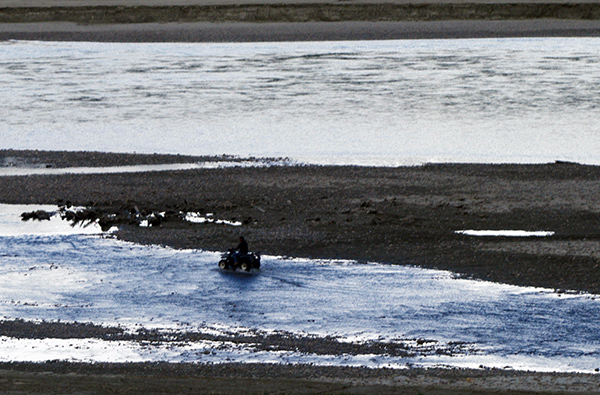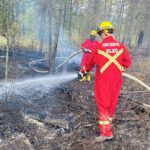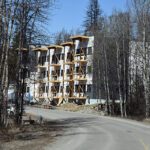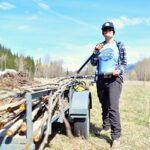Home »

ORV fine increase to help protect sensitive habitats
To better protect environmentally sensitive habitats and species at risk, the Province of British Columbia is increasing fines for unlawful use of off-road vehicles (ORVs) and snowmobiles.
Effective immediately, anyone operating an off-road vehicle in sensitive habitats, including all BC Parks and southern mountain caribou habitats, will face a $575 fine.
Violation tickets may be issued under the Wildlife Act or the Park Act by police, conservation officers, natural resource officers or park rangers.
Previous fine amounts were either $230 or $345 depending on the violation and did not reflect the effect of non-compliance to sensitive habitats and species in British Columbia.
Court convictions for snowmobiling in southern mountain caribou habitats also may result in a fine up to $200,000 and six months imprisonment, a joint Ministry of Environment and Climate Change Strategy and Ministry of Forests, Lands, Natural Resource Operations and Rural Development press release outlined.
Caribou are considered a species-at-risk, and protecting caribou habitat ranges is crucial to the survival of the species. Controlled and limited access to sensitive habitats by off-road vehicles, such as snowmobiles, is the most effective way to protect these areas and wildlife from harmful recreation activities.
The province has committed to a new long-term, comprehensive, science-based approach to protect and preserve caribou populations: the Provincial Caribou Recovery Program. The province has put aside $27 million over three years to establish this program, the ministries reported.
An important component of the caribou recovery program aims to reduce the effect of winter backcountry recreation (e.g., recreational snowmobiling), which has the potential to damage caribou habitat, increase access by predators and displace mountain caribou from their preferred early and late winter habitat.
e-KNOW







